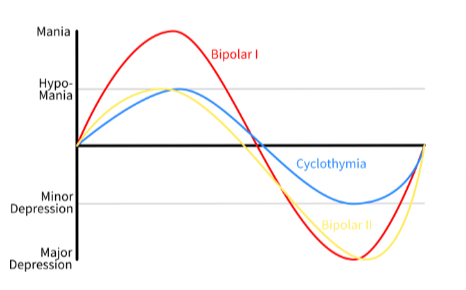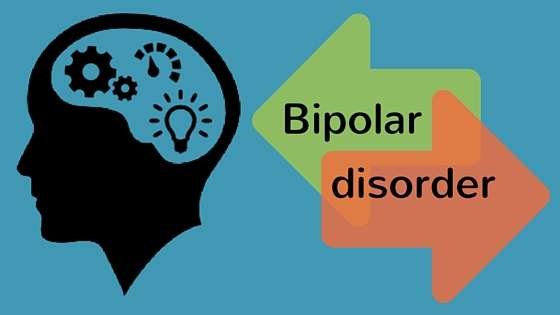Best Anxiety Treatment in Gurugram with Deep TMS Therapy: A Comprehensive Guide by Positive Mind Care and Research Centre
Anxiety disorders can be challenging to manage, but with the right treatment, significant improvement is...

Positive Mind Care and Research Centre is a leading facility mental health care facility of Delhi -NCR, dedicated to helping individuals to overcome tobacco addiction and reclaim their joyful lives through a unique breakthrough technology called Deep TMS, which can reach significant depth and breadth of the brain and produce broad stimulation and functional modulation of targeted brain areas to cure the problem of addiction.
Deep TMS treatment features unique, patented coils that are fitted into a helmet, which is secured snugly to the patient’s head during the treatment. We are using BrainsWay’s therapy, which has been utilized in over 60 clinical trials worldwide. The company’s device has been FDA approved for the treatment of Major Depressive Disorder (MDD) since 2013, FDA cleared (De-Novo) for the treatment of Obsessive Compulsive Disorder (OCD) since 2018, FDA cleared as an aid for short-term Smoking Cessation since 2020, and has now received an expanded indication for Anxious Depression.
Bipolar disorder, also known as manic-depressive illness, is a mental health condition that causes extreme shifts in mood, energy levels, and activity levels. People with bipolar disorder experience periods of intense emotional states, alternating between depressive episodes and periods of mania or hypomania. These episodes can significantly impact a person’s ability to function in daily life.
The two main types of bipolar disorder are:
The shifts between manic and depressive states can happen suddenly or gradually and can vary in duration. Some people may experience a relatively stable mood between episodes, while others may have rapid cycling, where they experience four or more mood episodes in a year.
The exact cause of bipolar disorder is not fully understood, but it is believed to be a complex interplay of genetic, environmental, and neurobiological factors. Treatment for bipolar disorder typically involves a combination of medication, psychotherapy, and lifestyle adjustments to manage symptoms and improve overall well-being. At Positive Mind Care and Research Centre, our mental health professionals create a personalized treatment plan for individuals with bipolar disorder to manage their condition effectively.
Globally, about 1% of the population is said to have Bipolar Disorder. In India, out of that population, 70% remain untreated.

Bipolar disorder is characterized by a range of symptoms that can vary in intensity and duration. The symptoms typically manifest as distinct periods of mood changes, including depressive episodes and manic or hypomanic episodes. Here are the main symptoms associated with each phase:
It’s essential to note that not everyone with bipolar disorder experiences all these symptoms, and the severity of symptoms can vary from person to person. Additionally, some individuals may have features of both depression and mania/hypomania simultaneously, known as a mixed episode.

Provides a convenient and flexible approach to treatment, allowing patients to receive care while maintaining their daily routines.
A non-invasive procedure that targets specific areas of the brain associated with depression. This innovative treatment option has shown promising results in reducing symptoms of MDD and is FDA approved.
A supportive and empathetic environment to express thoughts, emotions, and experiences, develop coping strategies, and gain insights to improve overall well-being.
Our center combines expert medical care with a compassionate and supportive environment, empowering individuals to reclaim their lives.
Cultivate awareness, reduce stress, and enhance overall well-being through meditation, yoga, and other practices to keep you grounded.
Our center combines expert medical care with a compassionate and supportive environment, empowering individuals to reclaim their lives.
Deep Transcranial Magnetic Stimulation (Deep TMS) is a non-invasive brain stimulation technique that has been studied as a potential treatment for various neuropsychiatric conditions, including smoking addiction. While the research in this area is still ongoing, Deep TMS has shown some promising results in helping individuals with smoking addiction. Here’s how Deep TMS may help in treating smoking addiction:
We at Positive Mind Care and Research Centre, a new generation mental health clinic, are dedicated to providing the highest quality care and research in the field of mental health. We take a positive and holistic approach to mental health, focusing on the individual as a whole and their unique needs and circumstances. We are committed to using evidence-based scientific treatment methods, conducting research, and providing education and outreach to the community. Remember that you are not alone, and we are here to help you on your journey towards betterment!
Anxiety disorders can be challenging to manage, but with the right treatment, significant improvement is...
Obsessive-Compulsive Disorder (OCD) is a challenging mental health condition characterized by intrusive thoughts (obsessions) and...
Anxiety is a common mental health condition that affects millions of people worldwide.
Learn more about how Positive Mind Care innovative TMS treatment technology can be effective in treating psychiatric disorders.
Learn more about how DEEP TMS treatment technology can be effective in treating neurological disorders.
Disclaimer:- The information provided on this website is for informational & educational purposes only and should not replace professional medical advice. Please consult with a qualified healthcare provider for personalized treatment recommendations.
Copyright © 2023. Positive Mind Care. All Rights Reserved